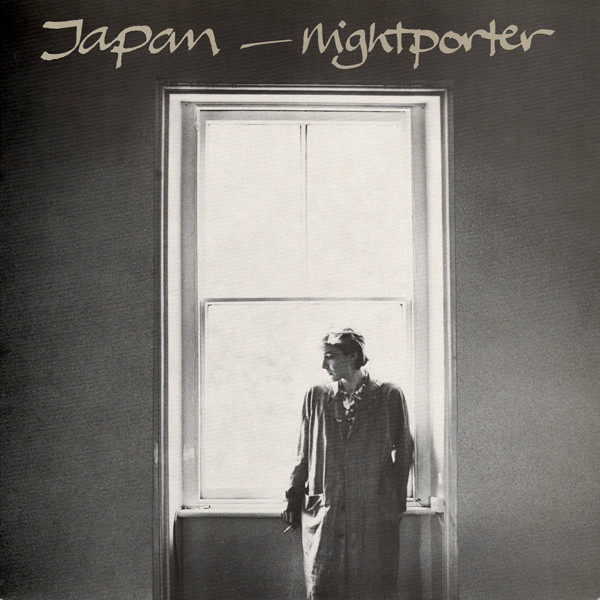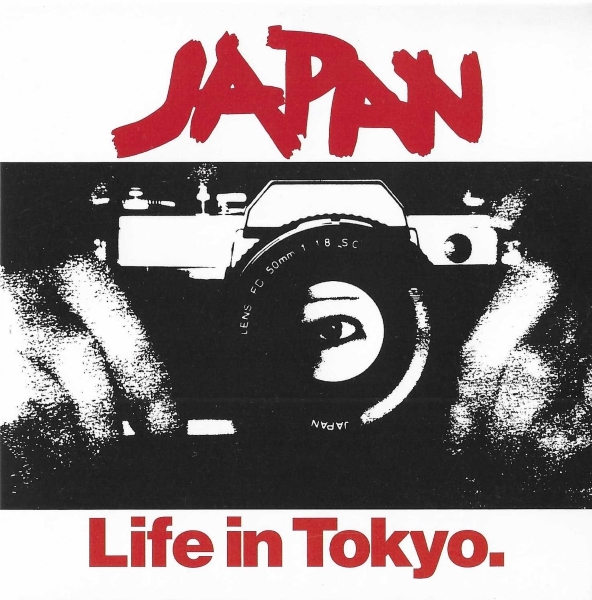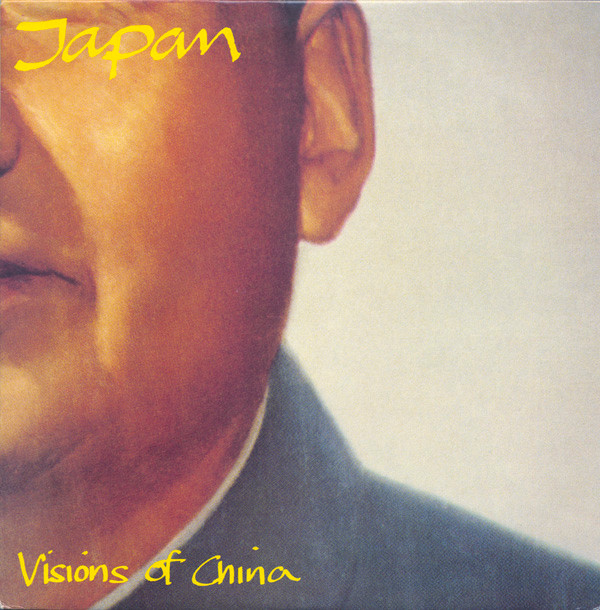Teenage musical memories often take hold for a lifetime. Early in the ’80s a friend of mine held a party at his family’s home. These were always good nights, an opportunity to spend time with friends outside of sixth form classes and the common room at school. A time to enjoy the music that was in and around the charts, and favourite past tracks from Bowie and others. At the end of the evening, most people having by now drifted away, someone took out the vinyl of Gentlemen Take Polaroids and dropped the needle mid-way through side B for ‘Nightporter’. I knew the song, of course, but here it was being played on a quality sound system and at a volume that wouldn’t have been possible back at home. The person who selected it then sat cross-legged on the floor, head bowed, eyes closed, transfixed by the music.
The simple repeating piano melodies, anchored in the bass notes of the left hand, with the overlay of oboe, bowed double bass, and long keyboard lines, come together in a heady mix with a lyric that betrays some specific inner turmoil within the heart of the song’s protagonist. It’s music that carries a sense of its own gravity, rising to a crescendo in the wordless singing of the final section. ‘Nightporter’ occupied that space unchallenged until the final note had slowly decayed into silence.
Continue reading “Nightporter”



